The Hells Angels: A Sociological Study
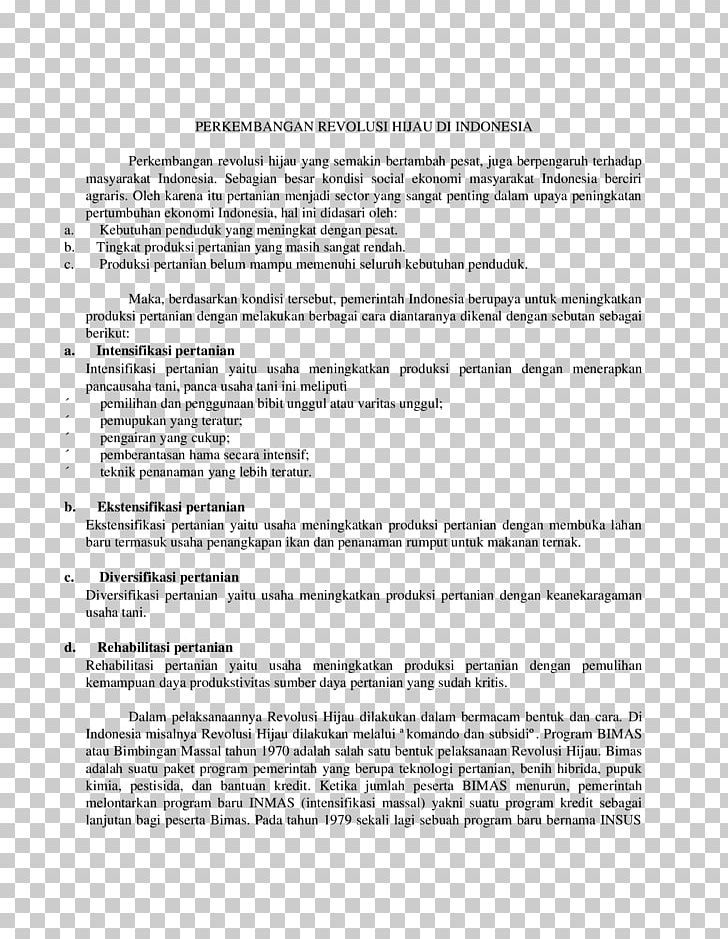
Table of Contents
The Structure and Hierarchy of the Hells Angels
The Hells Angels operate through a highly structured, albeit decentralized, system. Understanding this organizational framework is key to comprehending their power and longevity.
Charter System and Geographic Organization
The Hells Angels utilize a charter system, dividing their global presence into individual chapters. This decentralized structure allows for localized adaptation to specific regional contexts while maintaining a unified brand and overarching control.
- Each chapter is typically governed by a president and a set of officers. These individuals are responsible for the day-to-day operations and enforcement of club rules within their territory.
- Communication and coordination between chapters are crucial for maintaining cohesion and resource sharing. This network facilitates the movement of members, resources, and information across vast geographical distances.
- The club's hierarchical structure ensures control and discipline within its ranks. This rigid hierarchy is designed to maintain order and prevent internal conflict, which is crucial for the club's ability to engage in organized crime.
Membership and Initiation Rituals
Becoming a full-fledged Hells Angel is a demanding process. Aspirants undergo a rigorous probationary period and face a series of initiation rites designed to test loyalty and commitment.
- Prospective members, known as "prospects," must demonstrate unwavering allegiance and willingness to follow club rules. This period allows the club to assess the prospect's suitability and commitment.
- Initiation rituals often involve tests of endurance and loyalty, fostering a strong sense of brotherhood. These rituals cement the bond between members and reinforce their shared identity.
- Membership carries both significant privileges and responsibilities. Members gain access to the club's resources and social network, but they are also expected to uphold the club's rules and participate in its activities, including criminal enterprises for many chapters.
The Ideology and Culture of the Hells Angels
The Hells Angels cultivate a specific ideology and culture that shapes their behavior and interactions with society. Understanding this subculture is critical to understanding the group as a whole.
Rebellion and Anti-Establishment Sentiment
The Hells Angels project an image of rebellion against mainstream society. Their ethos emphasizes freedom, independence, and brotherhood—values often at odds with established social norms.
- The club's iconography and symbolism reinforce this anti-establishment stance. The use of specific colors, patches, and imagery conveys a message of defiance and nonconformity.
- This ideology attracts individuals who feel alienated or disenfranchised by conventional societal norms. The club provides a sense of belonging and purpose for those who reject mainstream culture.
- The Hells Angels' rejection of authority is a key aspect of their identity. This rejection manifests in their disregard for laws and their confrontational attitude towards law enforcement.
The Role of Motorcycles and Territory
Motorcycles are not just transportation for the Hells Angels; they are central to their identity, representing freedom, rebellion, and community. Territorial control is another critical element of their operations.
- Motorcycle rallies and runs provide opportunities for socializing and reinforcing group identity. These events foster camaraderie and strengthen the bonds between members.
- Territorial disputes between chapters and rival motorcycle clubs can lead to violent confrontations. Control over specific areas is often linked to criminal activities and resource access.
- Control over specific geographical areas often provides access to lucrative criminal activities. This territorial control allows them to operate illicit businesses with reduced competition and increased protection.
The Hells Angels and Criminal Activity
The Hells Angels have a long history of involvement in organized crime, contributing significantly to their negative public image and attracting persistent law enforcement scrutiny.
Involvement in Organized Crime
The Hells Angels have been implicated in a broad range of criminal activities, often profiting handsomely from their illegal operations.
- The club's hierarchical structure facilitates the coordination of criminal enterprises. The organized nature of the club allows them to engage in large-scale criminal operations efficiently.
- Law enforcement agencies worldwide actively monitor and investigate Hells Angels activities. This ongoing surveillance presents a constant challenge to the club's operations.
- The economic benefits derived from criminal activities help fund the club’s operations. Profits from illegal activities support the club's lifestyle and activities.
Law Enforcement Response and Public Perception
The Hells Angels' criminal activities have resulted in extensive law enforcement responses and significant public debate.
- Strategies for combating Hells Angels criminal activity vary across different jurisdictions. Law enforcement agencies employ various tactics to disrupt the club's operations.
- Public perception of the Hells Angels is often shaped by media portrayals, which may be biased or inaccurate. Media coverage often focuses on sensational aspects, obscuring the sociological complexities of the group.
- Understanding the complexities of the group is crucial for developing effective strategies to address their criminal activities. A multifaceted approach is needed to effectively combat the Hells Angels' criminal activities.
Conclusion
This sociological study of the Hells Angels reveals a complex organization with a deeply ingrained culture and ideology. From its structured hierarchy to its involvement in criminal activity, the club’s actions have significant social implications. Understanding the Hells Angels, their motivations, and their impact requires a nuanced approach that goes beyond simplistic characterizations. Further research into the Hells Angels and similar groups is crucial to inform effective strategies for crime prevention and community safety. Continue to explore the complexities of the Hells Angels, researching their history and impact in different regions. Learning more about outlaw motorcycle clubs and the motorcycle club culture will shed further light on this intriguing and controversial subject.

Featured Posts
-
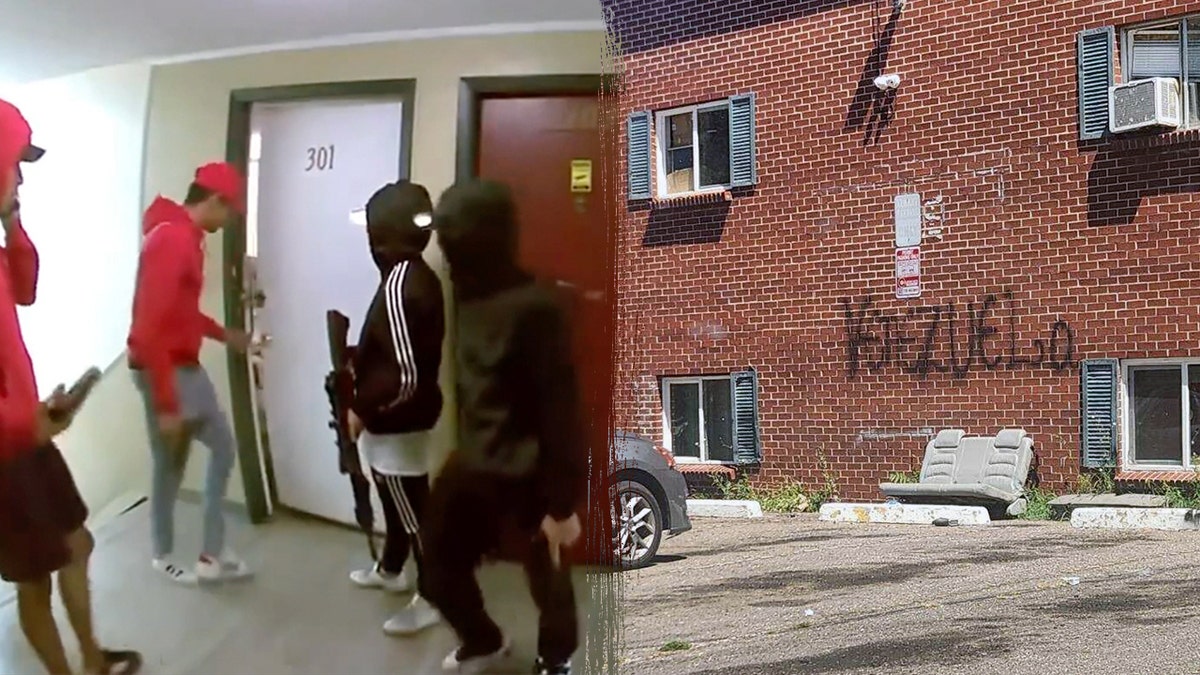 Farrows Plea Prosecute Trump For Deportations Of Venezuelan Gang Members
May 25, 2025
Farrows Plea Prosecute Trump For Deportations Of Venezuelan Gang Members
May 25, 2025 -
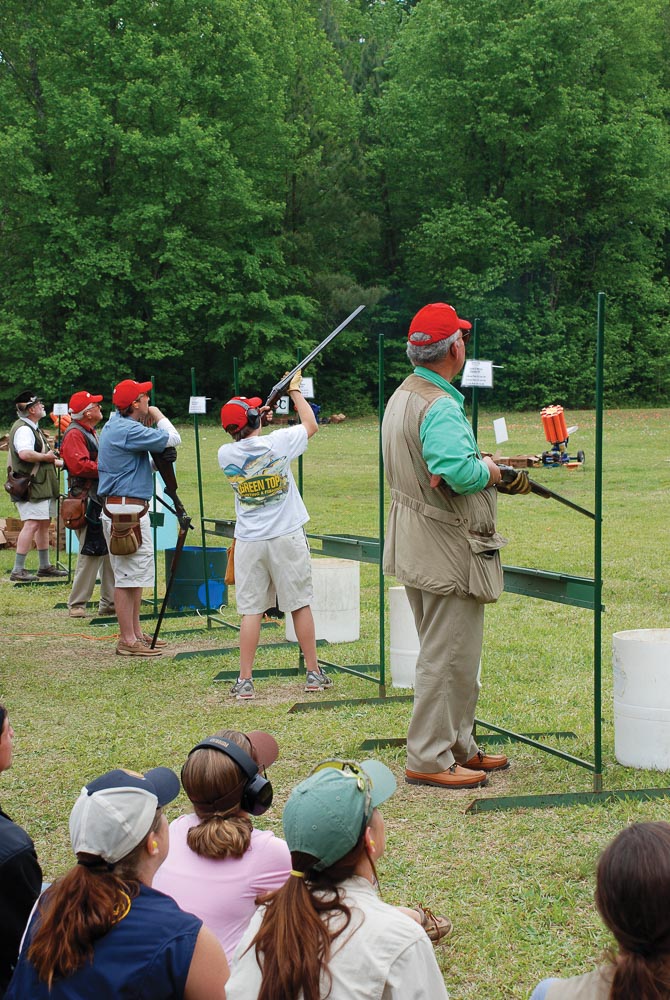 Shooting Incident Prompts Safety Review At Popular Southern Vacation Spot
May 25, 2025
Shooting Incident Prompts Safety Review At Popular Southern Vacation Spot
May 25, 2025 -
 Find The Saint On Itv 4 Schedule Episodes And Viewing Information
May 25, 2025
Find The Saint On Itv 4 Schedule Episodes And Viewing Information
May 25, 2025 -
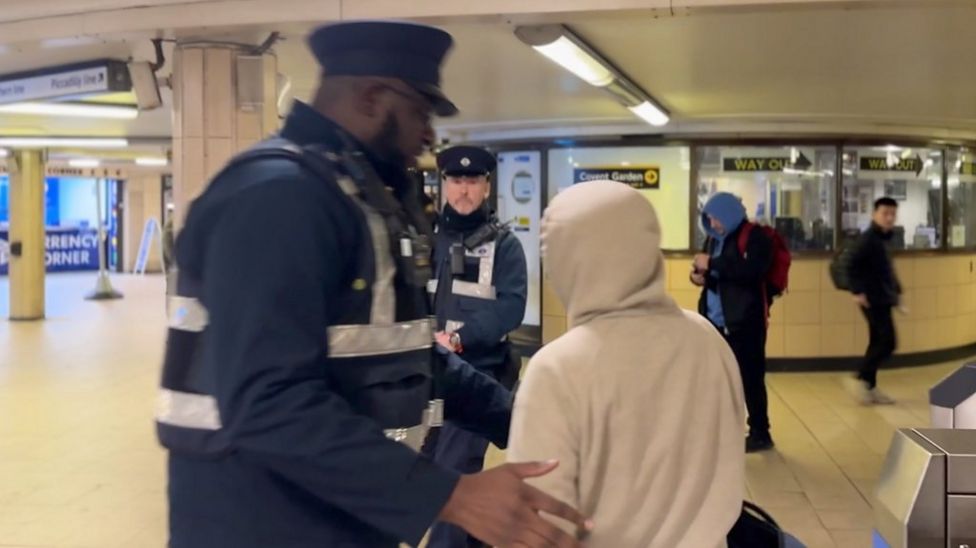 250k London Theft Prompts Jenson Button To Stay Away From Uk
May 25, 2025
250k London Theft Prompts Jenson Button To Stay Away From Uk
May 25, 2025 -
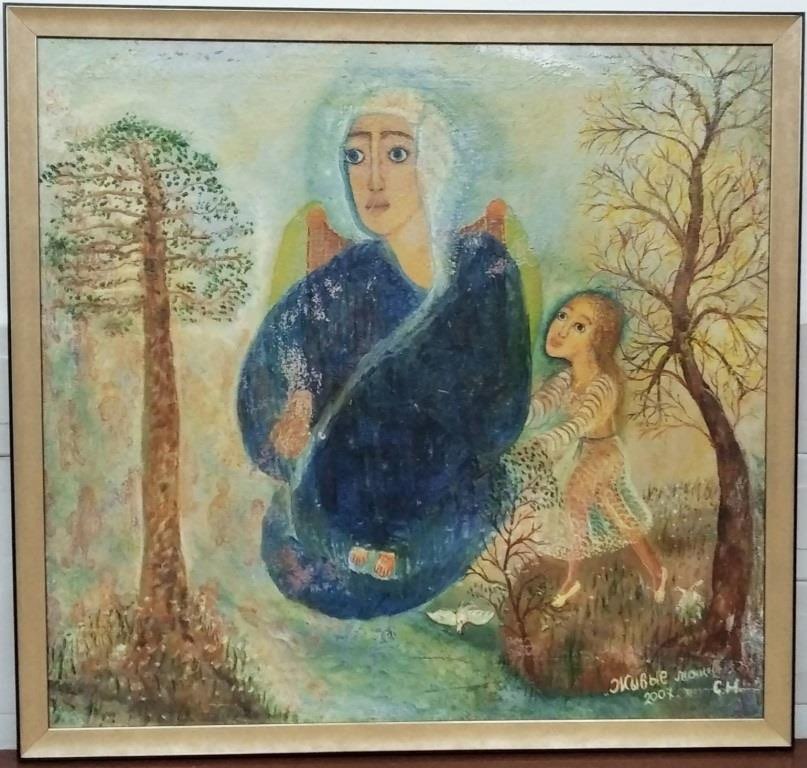 40 Svadeb Na Kharkovschine Kakaya Data Stala Samoy Populyarnoy Foto
May 25, 2025
40 Svadeb Na Kharkovschine Kakaya Data Stala Samoy Populyarnoy Foto
May 25, 2025
Latest Posts
-
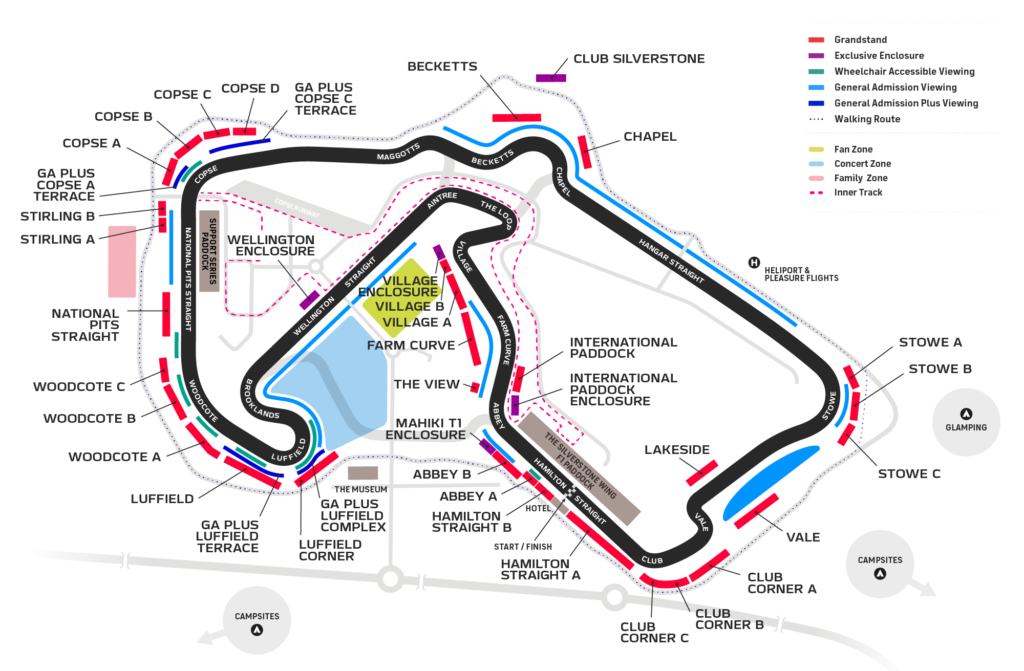 Monaco Grand Prix 2025 Your Complete Guide To Watching The Race
May 26, 2025
Monaco Grand Prix 2025 Your Complete Guide To Watching The Race
May 26, 2025 -
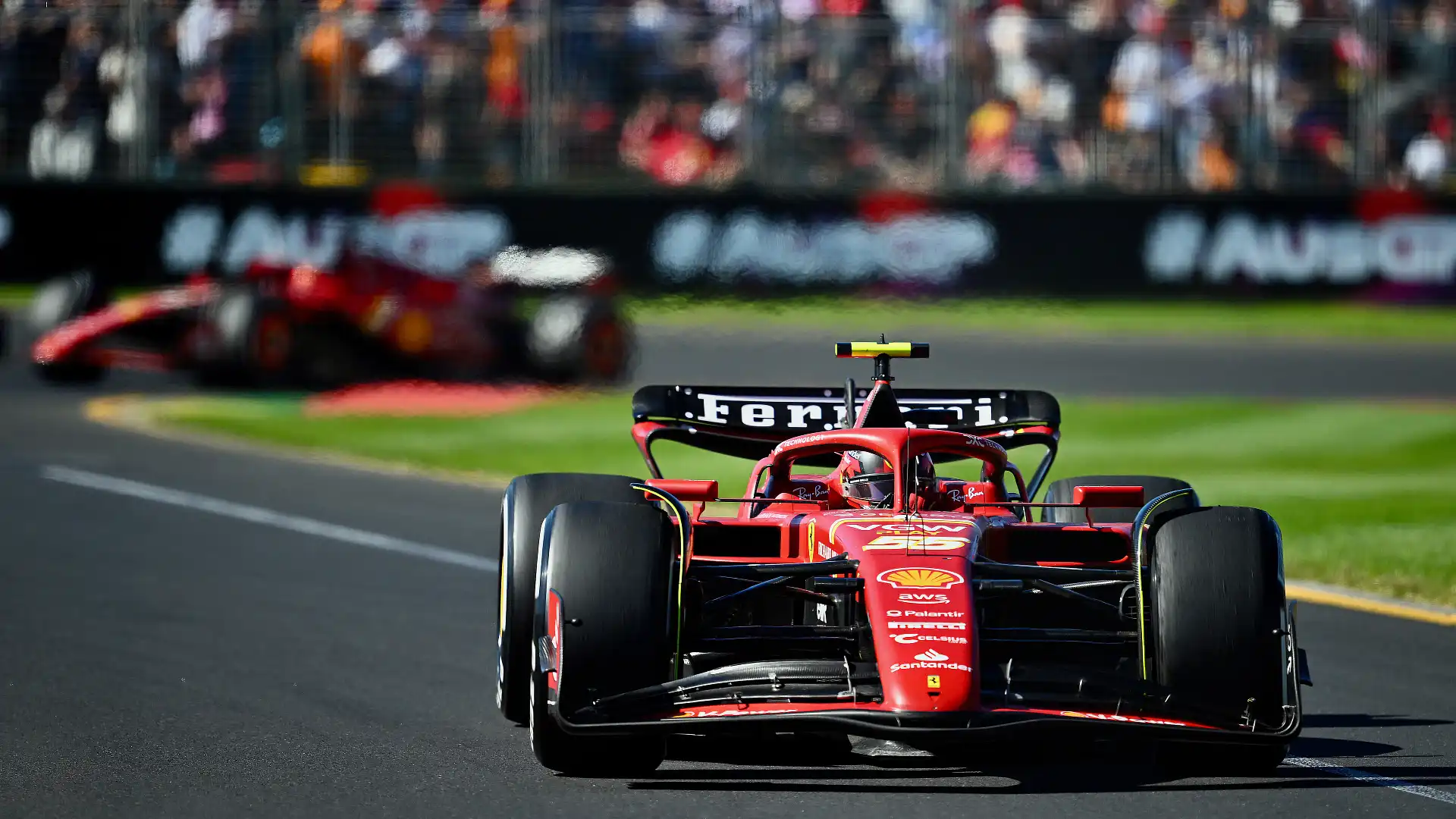 Predict The Winner F1 Monaco Grand Prix 2025 Odds And Analysis
May 26, 2025
Predict The Winner F1 Monaco Grand Prix 2025 Odds And Analysis
May 26, 2025 -
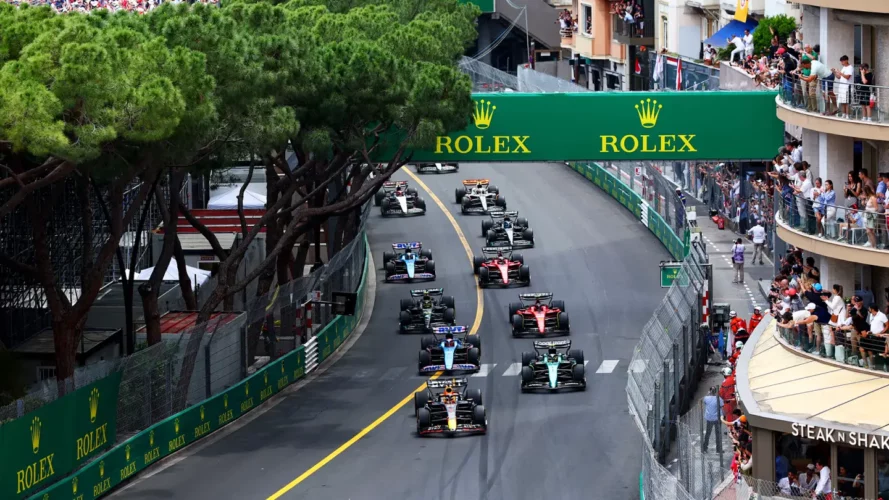 How To Watch The Monaco Grand Prix 2025 Time Streaming And Tv Guide
May 26, 2025
How To Watch The Monaco Grand Prix 2025 Time Streaming And Tv Guide
May 26, 2025 -
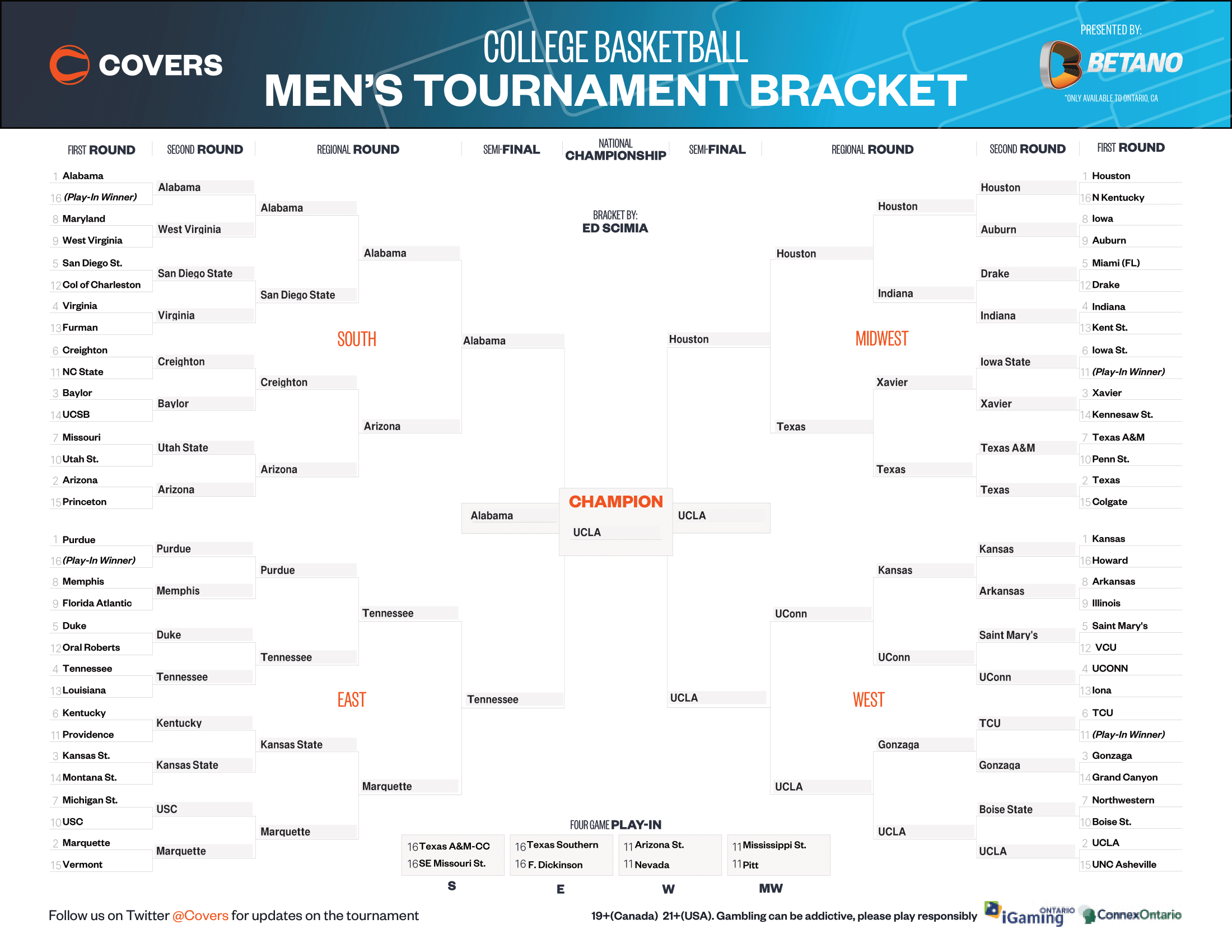 F1 Monaco Gp 2025 Expert Predictions And Betting Tips
May 26, 2025
F1 Monaco Gp 2025 Expert Predictions And Betting Tips
May 26, 2025 -
 Circuit De Monaco 2025 F1 Predictions And Betting Odds
May 26, 2025
Circuit De Monaco 2025 F1 Predictions And Betting Odds
May 26, 2025
